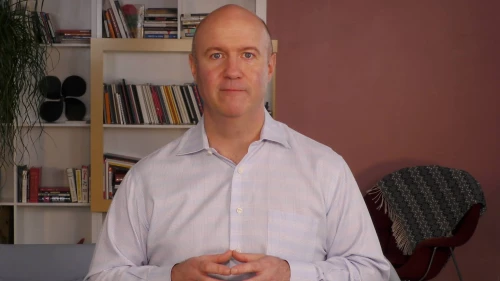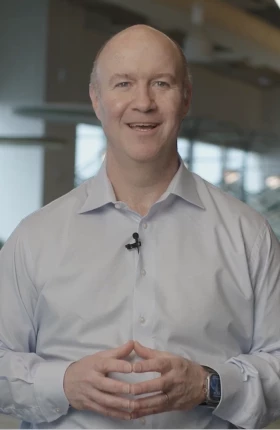
Education
- MBA, Harvard Business School
- BA, Stanford University
Honors and Awards
- Harvard Business School Baker scholar, 1997
Since joining BCG in 1993, Rich has largely focused on enhancing marketing, pricing, and commercial capabilities for clients across a range of industries, including health care, industrial goods, consumer goods, travel and tourism, and transportation.
He also has a long history of deep engagement in BCG’s social impact work, including leading the firm's global partnership with Yunus Social Business. He has played a key role in driving BCG’s thought leadership across a wide range of social impact topics as well, from addressing climate change to eliminating Hepatitis C.
Throughout his client work, Rich drives bottom-line impact through the creation of new go-to-market strategies, superior execution tactics, and the development of organizational commercial capabilities.











